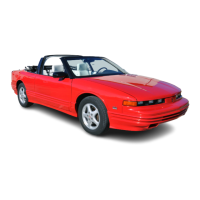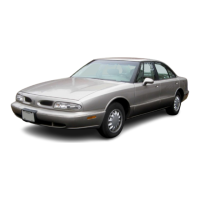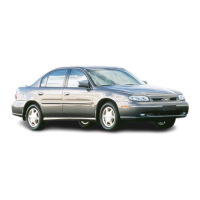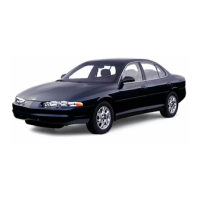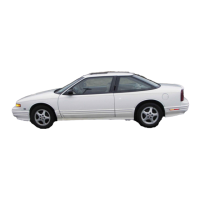Your vehicle can tow a trailer if it is equipped with
either the
3800
(L36)
engine or the optional
3800
Supercharged
(L67)
engine and proper trailer towing
equipment. To identify what the vehicle trailering
capacity is for your vehicle, you should read the
information in “Weight of the Trailer” that appears later
in this section. But trailering is different than just
driving your vehicle by itself. Trailering means changes
in handling, durability, and fuel economy. Successful,
safe trailering takes correct equipment, and it has to be
used properly.
That’s the reason for this part. In it are many
time-tested, important trailering tips and safety rules.
Many of these
are
important for your safety and that of
your passengers.
So
please read this section carefully
before you pull a trailer.
Load-pulling components such as the engine, transaxle,
wheel assemblies, and tires
are
forced to work harder
against the drag of the added weight. The engine is
required to operate at relatively higher speeds and under
greater loads, generating extra heat. What’s more, the
trailer adds considerably to wind resistance, increasing
the pulling requirements.
If
You Do Decide
To
Pull
A
Trailer
If you do, here
are
some important points.
0
There
are
many different laws, including speed limit
restrictions, having to do with trailering. Make sure
your rig will be legal, not only where you live but
also where you’ll be driving.
A
good source for this
information can be state or provincial police.
Consider using a sway control.
You can ask a hitch retailer about sway controls.
0
0
0
Don’t tow a trailer at all during the first
1000
miles
(1
600
km)
your new vehicle is driven. Your engine,
axle or other parts could be damaged.
Then, during the first
500
miles
(800
km)
that you
tow a trailer, don’t drive over
50
mph
(80
km/h)
and
don’t make starts at full throttle. This helps your
engine and other parts
of
your vehicle wear in at the
heavier loads.
Obey speed limit restrictions when towing
a
trailer.
Don’t
drive
faster than the maximum posted speed
for trailers (or no more than
55
mph
(90
km/h))
to
save wear on your vehicle’s parts.
4-31

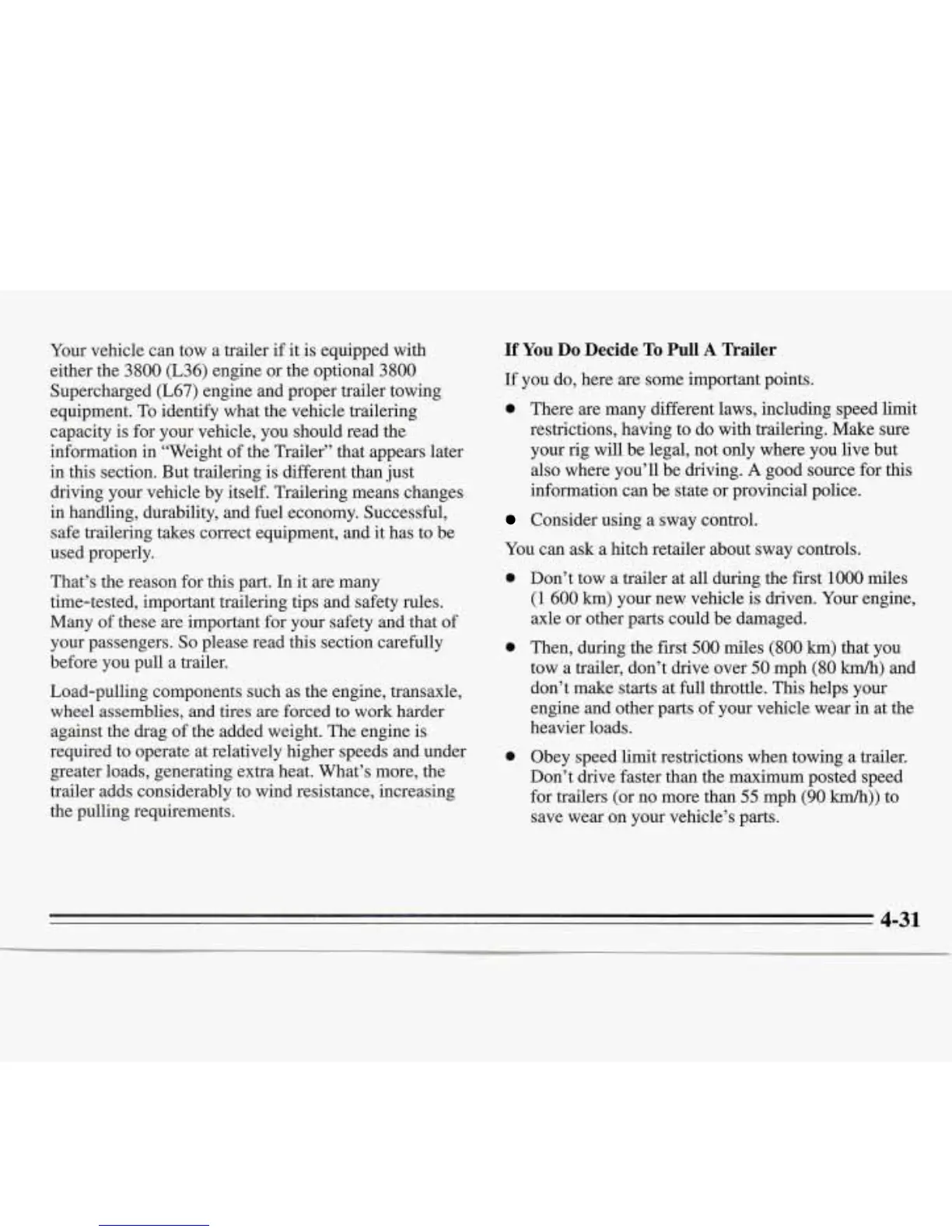